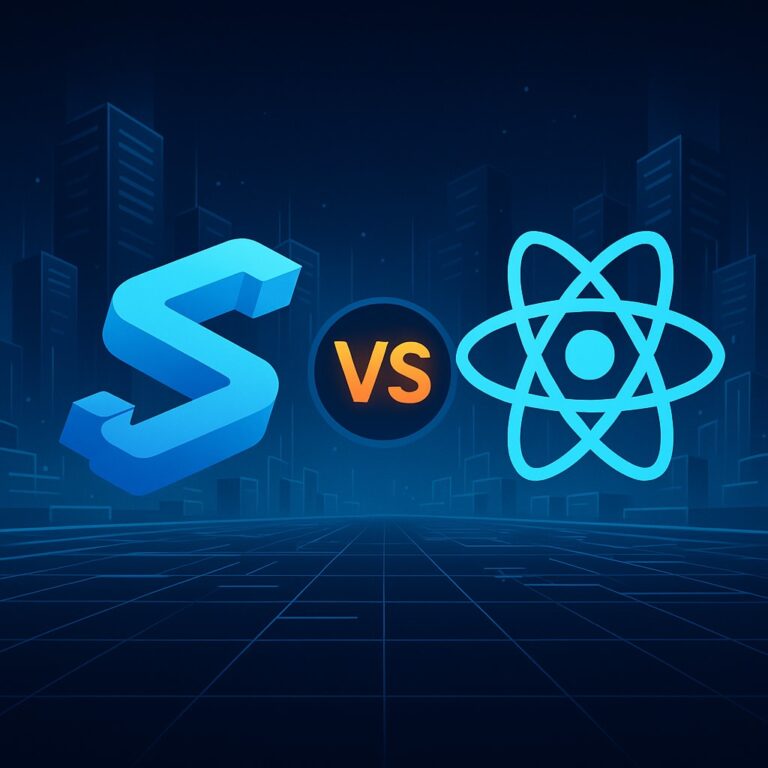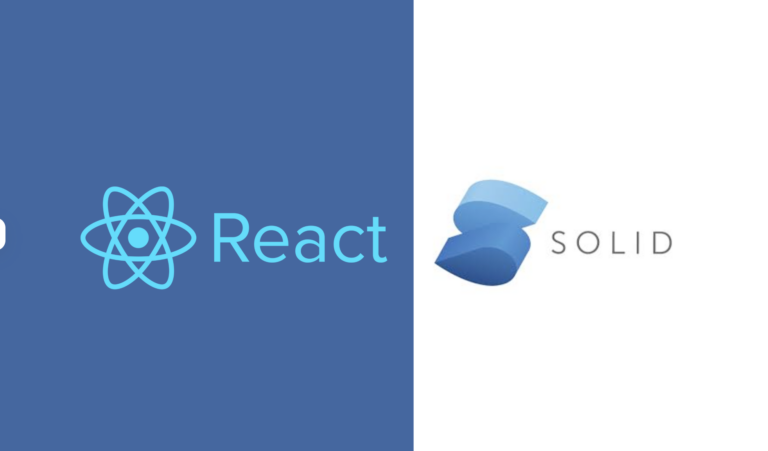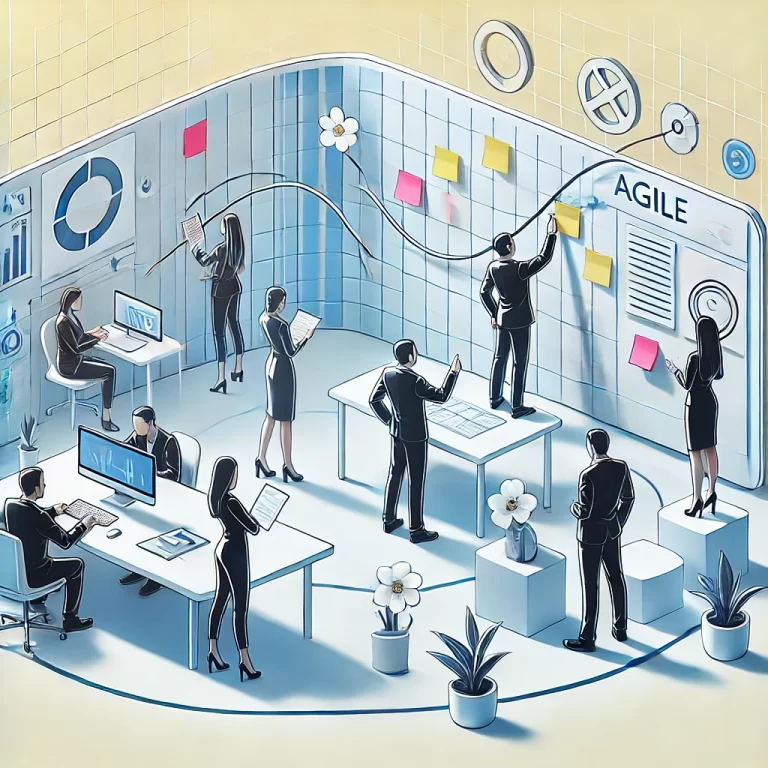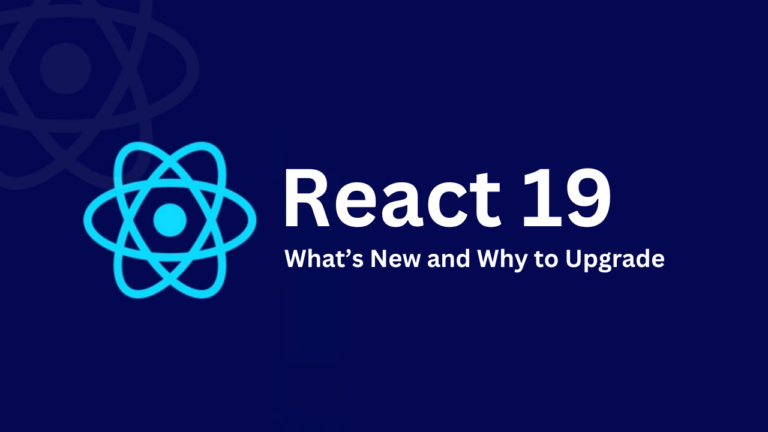Professional developers rely on a diverse set of tools to streamline their workflows, enhance collaboration, and deliver high-quality software efficiently. In this article, we’ll explore the top 10 essential tools that are highly regarded by professional developers worldwide, along with their key features and benefits.
1. Integrated Development Environments (IDEs)
Visual Studio Code: Visual Studio Code (VS Code) is a lightweight yet powerful code editor developed by Microsoft. It offers built-in support for debugging, syntax highlighting, intelligent code completion, and an extensive ecosystem of extensions for various programming languages.
JetBrains IntelliJ IDEA: IntelliJ IDEA is a feature-rich IDE by JetBrains, providing advanced coding assistance, intelligent code refactoring, and support for multiple languages including Java, Kotlin, and Python.
2. Version Control Systems
Git: Git is a distributed version control system that allows developers to track changes, collaborate with team members, and manage code repositories effectively.
GitHub: GitHub is a popular platform for hosting Git repositories, facilitating collaboration, code review, and project management workflows.
3. Containerization Tools
Docker: Docker is a platform for developing, shipping, and running applications in lightweight containers, providing consistency and portability across different environments.
Kubernetes: Kubernetes is an open-source container orchestration platform for automating deployment, scaling, and management of containerized applications.
4. Continuous Integration/Continuous Deployment (CI/CD) Tools
Jenkins: Jenkins is an open-source automation server for building, testing, and deploying software projects. It supports integration with various version control systems and CI/CD pipelines.
Travis CI: Travis CI is a cloud-based CI service that automates software testing and deployment processes for GitHub repositories.
Code Collaboration and Communication Tools
Slack: Slack is a team communication platform that enables real-time messaging, file sharing, and collaboration among team members, fostering seamless communication in distributed development teams.
Microsoft Teams: Microsoft Teams is a collaboration hub that integrates chat, video conferencing, file sharing, and project management features, enhancing productivity and collaboration within teams.
Code Review Tools
Gerrit: Gerrit is a web-based code review system for Git repositories, providing features for reviewing, commenting, and approving changes before they are merged into the main codebase.
Crucible: Crucible is a code review tool by Atlassian that allows teams to conduct peer code reviews, track feedback, and improve code quality through collaboration and discussion.
Testing Frameworks
JUnit: JUnit is a popular unit testing framework for Java applications, offering annotations and assertions for writing and executing automated tests.
Selenium: Selenium is a web browser automation tool used for testing web applications across different browsers and platforms, enabling automated testing of web UIs.
API Development Tools
Postman: Postman is a collaborative platform for designing, testing, and documenting APIs, streamlining API development and testing workflows.
Swagger (OpenAPI): Swagger is a specification and framework for describing, producing, and consuming RESTful APIs, facilitating API design and documentation.
Performance Monitoring and Debugging Tools
New Relic: New Relic is a cloud-based application performance monitoring (APM) tool that provides insights into application performance, dependencies, and bottlenecks, helping developers optimize performance and troubleshoot issues.
Dynatrace: Dynatrace is an AI-powered observability platform for monitoring cloud-native environments, offering automatic root cause analysis and real-time insights into application performance and user experience.
Cloud Services and Infrastructure Tools
Amazon Web Services (AWS): AWS is a comprehensive cloud platform offering a wide range of services for computing, storage, databases, machine learning, and more, enabling developers to build and deploy scalable applications.
Google Cloud Platform (GCP): GCP is a suite of cloud services and infrastructure tools provided by Google, including computing, storage, networking, and data analytics services, facilitating the development and deployment of cloud-native applications.
These top 10 essential tools play a crucial role in the development lifecycle, helping professional developers streamline their workflows, improve collaboration, and deliver high-quality software efficiently. By leveraging the right tools, developers can enhance productivity, accelerate development cycles, and stay competitive in today’s fast-paced technology landscape.











